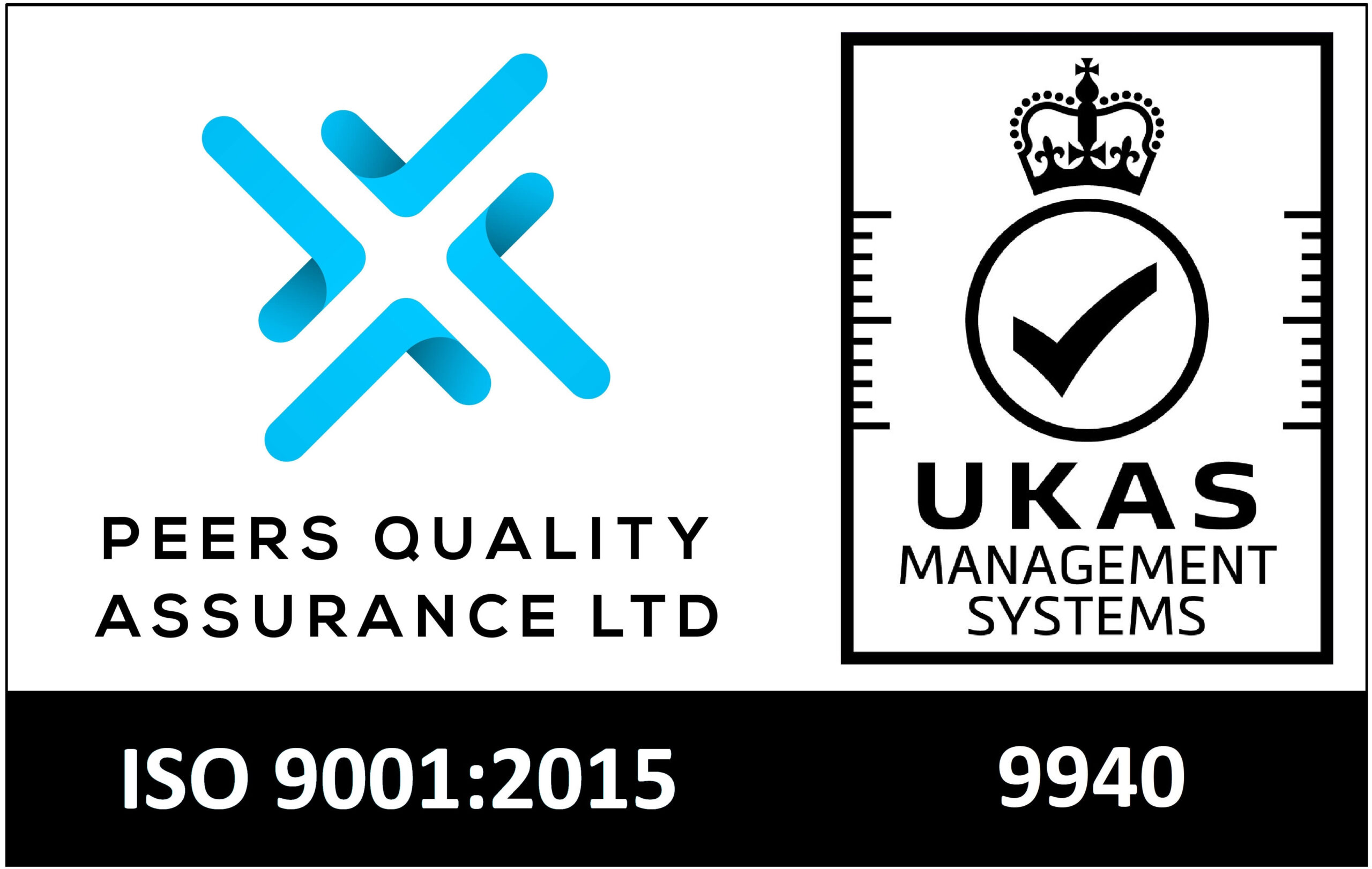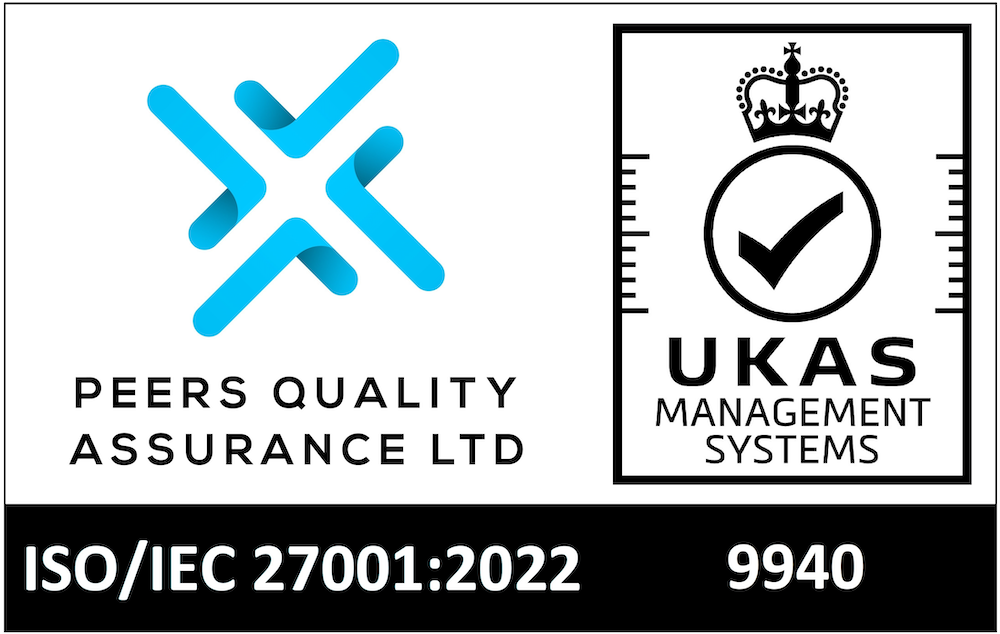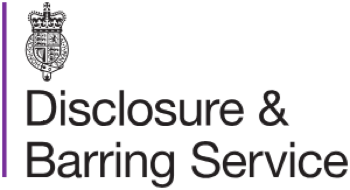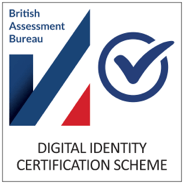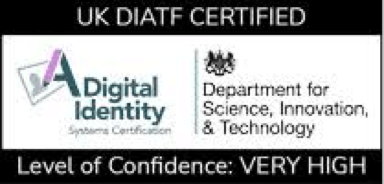Author: Joey Lyons
As you navigate the complex world of security screening, you may need to understand the different types of security screening in the UK. From background checks to financial inquiries, the many different types of screening measures and the levels which may be required for compliance can be overwhelming.
In this article, we will review different types of security screening available in the UK and provide you with valuable insights into how they can benefit you.
Key Takeaways
- BS7858:2019 outlines the vetting checks required for compliance, including proof of identity, proof of address, right to work, credit and financial checks, and career references.
- BPSS clearance is essential for UK civil servants, armed forces members, government contractors, and individuals applying for NSV security clearance, and can only be obtained by an employer. Checkback offers BPSS clearance services in over 134 countries, ensuring fast and accurate results while complying with GDPR regulations.
- Outsourcing vetting checks to Checkback offers a cost-effective and auditable solution with fast turnaround and secure online application.
- Checkback’s screening services utilises the latest technology, provides competitive pricing and quick setup, and delivers quality candidate reports that meet SIA requirements.
Background of Security Screening in the UK
In the UK, security screening plays a crucial role in ensuring the safety and integrity of individuals and organisations by thoroughly vetting individuals for potential risks or threats. This background check process is designed to identify any red flags or potential risks associated with an individual’s personal and professional history.
Companies and organisations in the UK rely on security screening to make informed decisions about hiring employees, granting access to sensitive information or facilities, and maintaining a secure environment.
The background of security screening in the UK can be traced back to the need for stringent measures to protect national security and prevent potential threats. Over time, the process has evolved to include various checks and verifications, such as proof of identity, proof of address, right to work, credit and financial checks, and career references. These checks ensure that individuals have the necessary credentials, qualifications, and character to fulfil their roles responsibly and safely.
Legislated screening isn’t limited to individuals seeking employment or access to sensitive areas. It also extends to organisations and contractors that work in the security sector or with Government departments and agencies in the UK, ensuring that they meet the necessary standards and requirements to operate.
Vetting Checks for Compliance With BS7858:2019
To comply with BS7858:2019, organisations are required to conduct a series of vetting checks to ensure the integrity and suitability of individuals. These checks include proof of identity, proof of address, right to work verification, a 5-year credit and financial check with address history verification, and 5-year career references.
To streamline and simplify the vetting process, many organisations choose to outsource their checks to Checkback.
Checkback’s secure screening services offer a cost-effective solution for organisations, providing a consistent and auditable process that ensures compliance with BS7858:2019. Our service includes fast turnaround times with an electronic screening report is delivered quickly to the employer.
Checkback leverages the latest technology to ensure fast and accurate screening. Our services are competitively priced and can be set up quickly. The candidate report provided by Checkback meets the requirements of the Security Industry Authority (SIA).
BPSS Clearance and Its Importance
BPSS clearance, which stands for Baseline Personnel Security Standard, is a legal requirement for UK civil servants, UK armed forces members, government contractors, and individuals applying for NSV security clearance. Its purpose is to reduce the risk of illegal workers and combat identity fraud.
It is crucial to note that only an employer can apply for BPSS clearance on behalf of an individual. The BPSS clearance process involves a thorough background check that includes elements such as verifying the right to work, conducting an identity check, checking criminal records through a Basic Disclosure, and verifying employment history. Individuals who’ve spent six months or more overseas must declare it, and international criminal record checks can be conducted.
The benefits of using a reputable service provider like Checkback for BPSS clearance include fast and accurate results, compliance with GDPR regulations, and completion of standard UK-based employee BPSS checks within 3-5 days. It’s important to note that the timeframe for BPSS clearance may vary depending on the complexity of a person’s work history.
BPSS Clearance Process and Documents Required
To initiate the BPSS clearance process and ensure compliance, you must gather the necessary documents and follow the required steps.
The BPSS check consists of four elements: right to work, identity, criminal records, and employment history.
For the right to work element, you need to verify entitlement, nationality, and immigration status.
Identity involves a thorough ID check, and criminal records are checked through a Basic Disclosure.
Employment history is verified for the past three years. If you have spent six months or more overseas, you must declare it, and international criminal record checks can be conducted.
BS7858 Clearance and Its Importance
BS7858 security screening is a legal requirement for individuals that are employed within a security environment. Initially developed for the security sector, the BS7858 is now used across multiple sectors and is considered best practice in many roles and positions. Examples of these can range from an HGV driver collecting from a secure zone to a systems engineer working in an IT role.
The BS7858 British Standard enables employers to screen security personnel and candidates for a wide number of other roles before onboarding them in the role. The BS7858 is a code of practice that sets standards for individuals working in environments where the safety of goods, people and/or property is key. In addition to physical assets, the BS7858 also applies to data security, sensitive and confidential contracts and service documents. A BS7858 is also applicable in roles where security screening and vetting is in the interest of the public.
BS7858 Clearance Process and Documents Required
Ensuring that you have the correct documentation required before starting a BS7858 check can help to speed up the process. The checks that are included in a BS7858 check are:
- Proof of identification
- Proof of address
- Right to Work
- 5-year employment history
- 6-year credit check
- SIA licence (or basic disclosure) for an employee
- Any professional memberships
- Any gaps in employment over 31 days
If the individual being screened does not have an SIA licence, they should undergo a Basic DBS check. A Basic DBS check can easily be provided by Checkback as required.
As standard, a DBS check is not included in our BS7858 screening package, as the SIA conducts this during the criminal record checks element of the SIA registration process.
The number of checks required for a BS7858 is comprehensive and can sometimes be a lengthy process because of the nature of requesting third party checks. This is something that Checkback’s managed service will be able to support you with.
Documents Accepted for BS7858 Screening
- ID check
- Name history since birth check
- Right to work check
- 5 or 10-year career history (including education and gap periods)
- SIA licence check (if applicable)
- Basic DBS Check (if applicable)
- 5-Year address verification
- Consumer information check
- CCJ check
- Insolvency check
- IVA check
- Directorship check
- Global fraud and financial sanctions watchlist check
Please note that we can complete additional employment checks as required.
Documents most commonly used for a BS7858 screening include:
- Passport
- Birth Certificate
- Driving licence
- Council Tax bill
- Bank statements
- Utility bill (not a mobile phone bill)
- PAYE records / Payslips / P45 or P60
- Contract of employment
- Accountant’s statements
- For self-employed, client invoices
- Self-assessment tax returns
Benefits of Outsourcing Security Screening BS7858
Outsourcing security screening offers numerous benefits to organisations looking to streamline their vetting process and ensure compliance with industry standards. By partnering with a trusted and specialised screening provider, like Checkback, organisations can experience a more cost-effective solution compared to conducting in-house checks. Outsourcing allows for a consistent and auditable process, ensuring compliance with standards like BS7858:2019.
One of the key advantages of outsourcing is the fast turnaround time. With an outsourced screening provider, organisations can expect a quick and efficient vetting process. Application can be completed through a secure online form, and the delivery of professional electronic screening reports is fast.
Additionally, outsourcing security screening offers the advantage of utilising the latest technology for fast and accurate screening. A reputable screening provider will employ advanced technology to ensure comprehensive checks while maintaining data security and GDPR compliance. This minimises the involvement required from the employer, allowing them to focus on their core business activities.
Features of Checkback’s Service
Checkback’s service offers a range of features that contribute to a fast, accurate, and secure screening process. Our use of the latest technology ensures efficient and precise screening and our competitive costs and quick setup make it an attractive option for employers. The quality candidate report provided by meets the requirements set by the Security Industry Authority (SIA), ensuring that the screening process is conducted to the highest standards. Additionally, our secure and GDPR-compliant vetting system protects the confidentiality and privacy of sensitive information. One of the key advantages of using Checkback is the minimal involvement required from the employer, allowing them to focus on other important tasks.
Benefits of Using Checkback for BS7858 Clearance
Checkback offers a range of benefits for BS7858 clearance, making it a valuable choice for employers. Here are some of the key advantages:
- Fast and accurate results: Checkback utilises the latest technology to ensure that BS7858 checks are conducted efficiently and with precision. This allows for quick turnaround times, helping employers expedite their hiring process.
- Compliance with GDPR regulations: Checkback’s service is designed to comply with GDPR regulations, ensuring the protection of personal data during the BS7858 clearance process.
- Extensive coverage: Checkback performs BS7858 checks in over 134 countries. This is particularly beneficial for organisations that operate internationally or employ individuals from diverse backgrounds.
- Reduced administrative burden: By outsourcing BS7858 clearance to Checkback, employers can minimise their involvement in the vetting process. Checkback handles the screening and verification of the necessary documents, allowing employers to focus on other important tasks.
Conclusion
In conclusion, understanding the different types of security screening in the UK is crucial for both employers and individuals in the security industry. Compliance with BS7858:2019 is essential, and outsourcing security screening to Checkback offers numerous benefits such as cost-effectiveness, compliance, and fast turnaround times.

